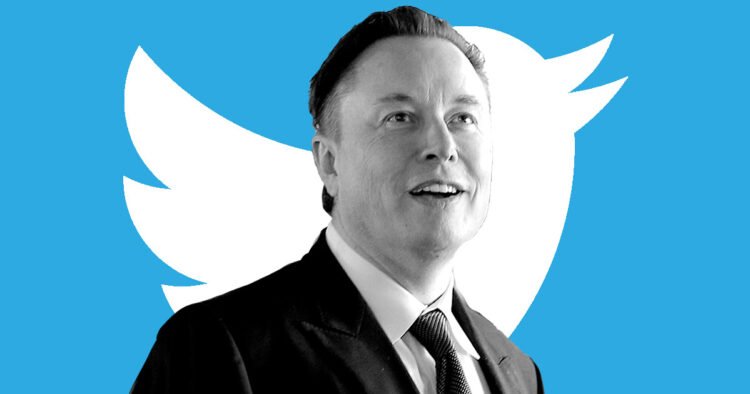Elon Musk says that he has found a new chief executive to lead Twitter.
He announced the news on the social media platform, which he bought last year for $44bn (£35.2bn).
Mr Musk did not name the site’s new boss but said “she” would start in six weeks, at which point he would become executive chairman and chief technology officer.
He has been under pressure to name someone else to lead the company and focus on his other businesses.
Last year, after Twitter users voted for him to step down in an online poll, he said: “No one wants the job who can actually keep Twitter alive.”
However, although Mr Musk had said he would hand over the reins, it was by no means clear when or even if it would happen.
Tesla shares rose after the announcement. Mr Musk has previously been accused by shareholders of abandoning Tesla after his takeover of Twitter and damaging the car company’s brand.
“We ultimately view this as a major step forward with Musk finally reading the room that has been around this Twitter nightmare,” Dan Ives from the investment firm Wedbush Securities said.
“Trying to balance Twitter, Tesla, and SpaceX as CEOs (is) an impossible task that needed to change,” Mr Ives added.
According to two US media reports, NBCUniversal’s head of advertising Linda Yaccarino was in talks to become the chief executive of Twitter. The Wall Street Journal and Variety cited people familiar with the matter.
Twitter did not comment on the reports. NBCUniversal did not immediately respond to a BBC request for comment.
It is sometimes difficult to know when the billionaire and owner of Twitter is being serious.
Last month, when the BBC asked Mr Musk who was going to be boss of Twitter, he said he had made a dog Twitter’s leader.
But if Mr Musk has indeed appointed a female executive, it would make her one of the few women to reach the top of a major technology company.
Women accounted for fewer than 10% of chief executives of tech firms included in America’s 500 biggest companies last year.
Although Mr Musk has talked about paid subscribers to Twitter Blue, it is advertising that brings in the vast majority of revenue at Twitter.
The new boss will no doubt seek to improve relationships with advertisers, and smooth their fears over content moderation.
Mr Musk, a self-proclaimed free speech absolutist, has said he took over Twitter to protect free speech. However advertisers do not want their content next to misinformation or extremist content.
He purchased Twitter in October only after a lawsuit forced him to go through with the deal. Upon taking charge, Mr Musk controversially fired thousands of staff in a bid to cut costs at the firm, which has struggled to be profitable.
In March, Mr Musk said those efforts had paid off and the platform’s finances were improving.
And last month he told the BBC that most of the advertisers that had abandoned Twitter immediately after the acquisition had returned.
BBC


